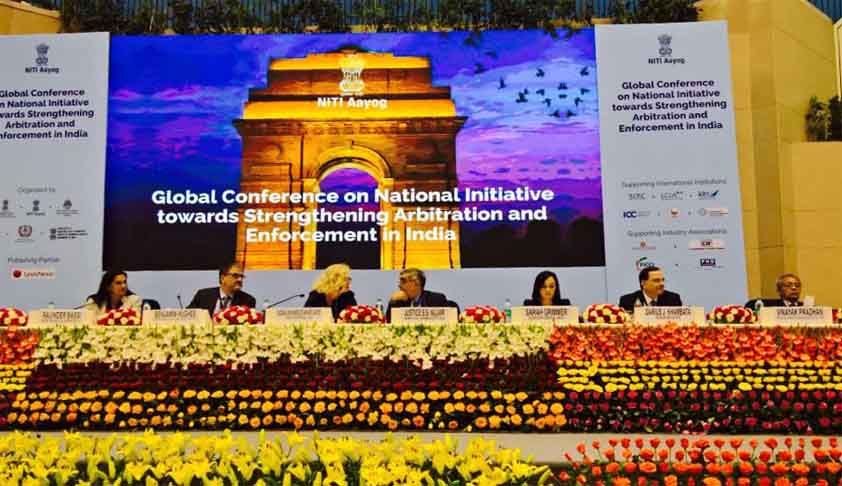- Home
- /
- Top Stories
- /
- The Curious Case Of Arbitration In...
The Curious Case Of Arbitration In India
Avni Shrivastav
23 Oct 2016 11:30 AM IST
A reliable and responsive alternate dispute resolution system is essential for rapidly developing countries like India. While several efforts have been made to do the same, it was only last year that the Arbitration and Conciliation Act, 1996 was amended through a judicial push and legislative reforms. The amendment strives to bring the Indian arbitration mechanism at par with the...
Next Story



